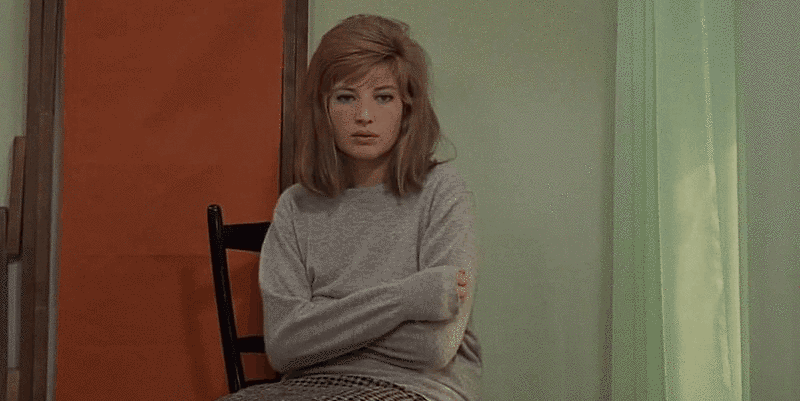Masaki Kobayashi
Based on the writings of Lafcadio Hearn, Kwaidan (1965) is a collection of four Japanese folk tales visualized by Masaki Kobayashi. The striking imagery speaks louder than words, presenting the film as beautiful yet eerie. Although labelled a horror, Kobayashi’s depiction refuses to use frightful gimmicks, which would usually instill the emotion of fear into the audience. In effect, this adds poignancy to the narrative, a narrative which most locals would already be familiar with.
The four tales entitled Kurokami (Black Hair), Yukionna (The Woman of the Snow), Miminashi Hōichi no Hanashi (Hoichi the Earless) and Chawan no Naka (In a Cup of Tea) prove Kobayashi’s talents as a director, as they display poetic and ghostly mise-en-scènes, throughout all epics, which provide the viewer with indulgent colour palettes. From a story which follows an impoverished swordsman who leaves his wife for a wealthier family to an account which deals with a forbidden secret, Hearn’s stories are imbued with morals, which, to no surprise, are commonly told in Japanese households.
Although written in the early 1900s, the way the director pays homage to Hearn’s tales make it seem as if they are historically deep-rooted fables in Japanese culture. However, as it was created in the mid 1960s, they are fairly modern, giving the production a timeless nature which it so abundantly deserves.
Kwaidan
director MASAKI KOBAYASHI
year 1964
director of photography YOSHIO MIYAJIMA
cast TATSUYA NAKADAI, RENTARŌ MIKUNI, MICHIYO ARATAMA, MISAKO WATANABE and KEIKO KISHI
words PRIYESH PATEL
What to read next





















